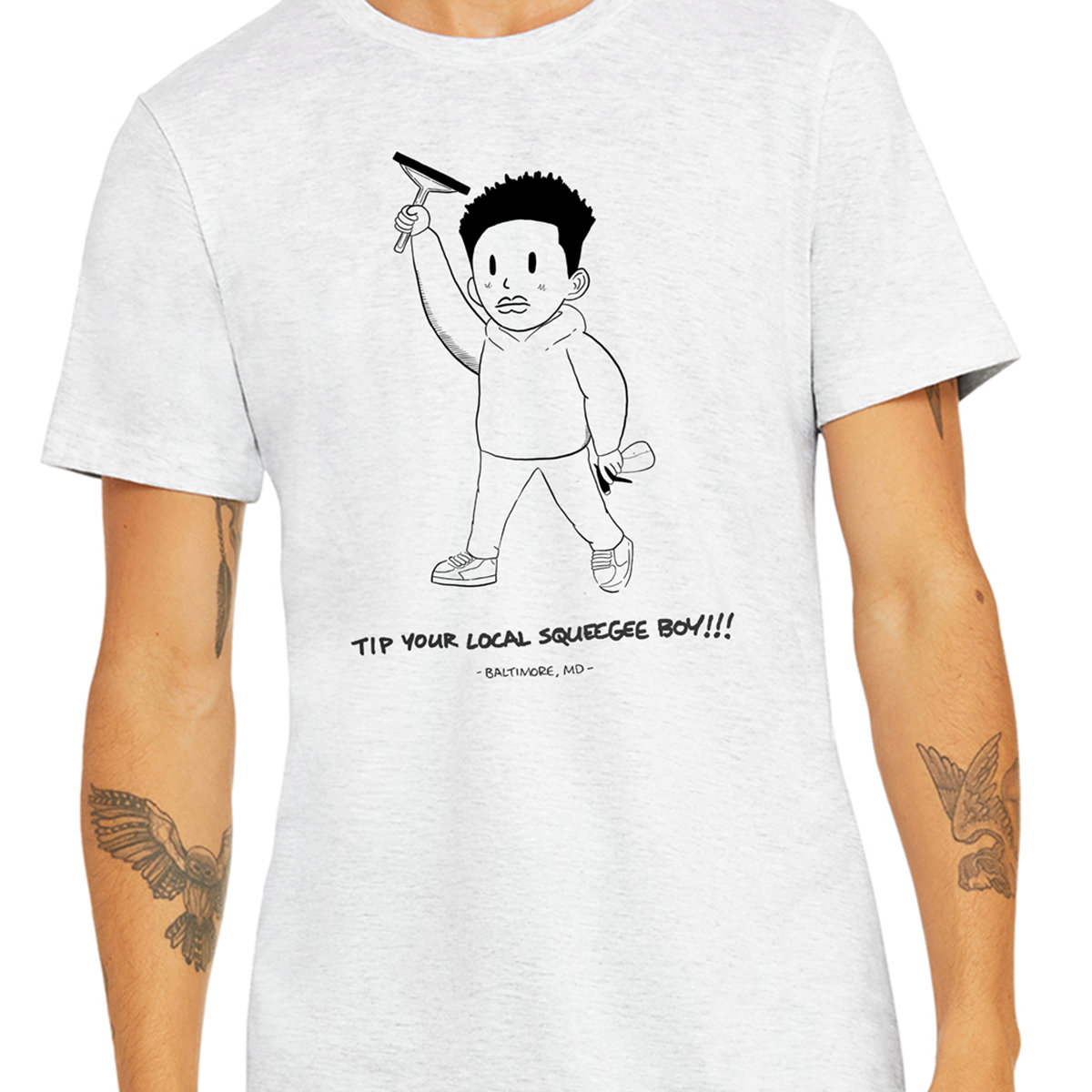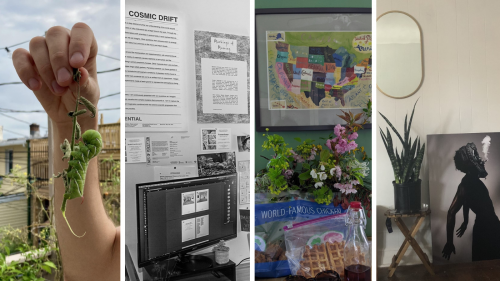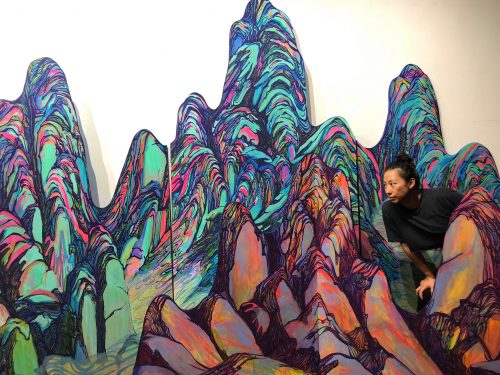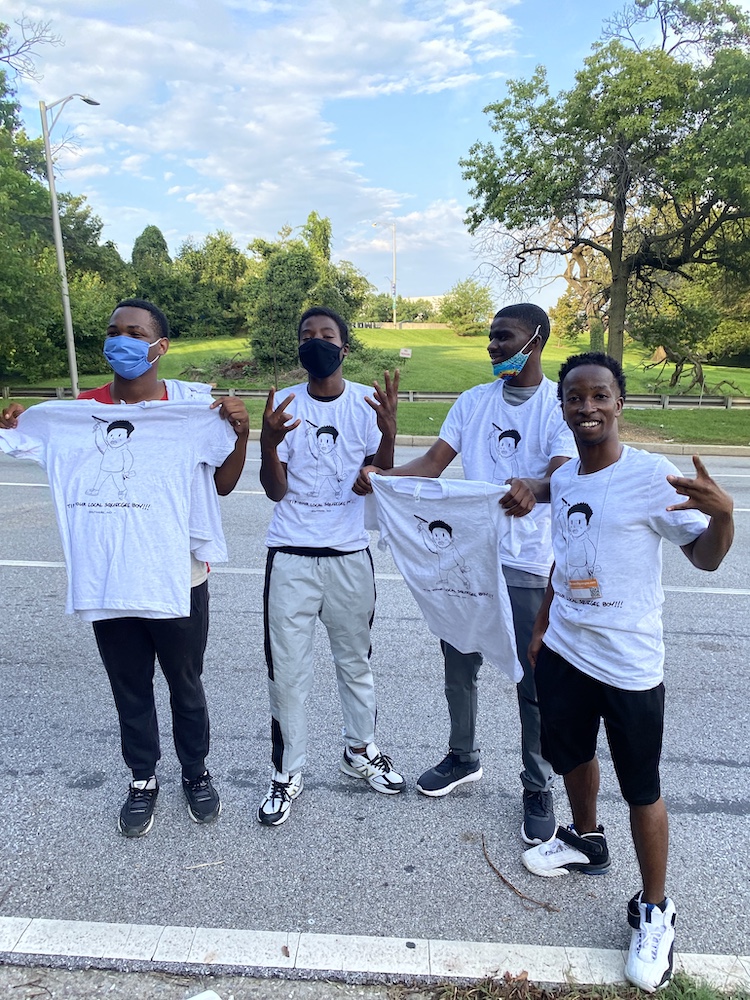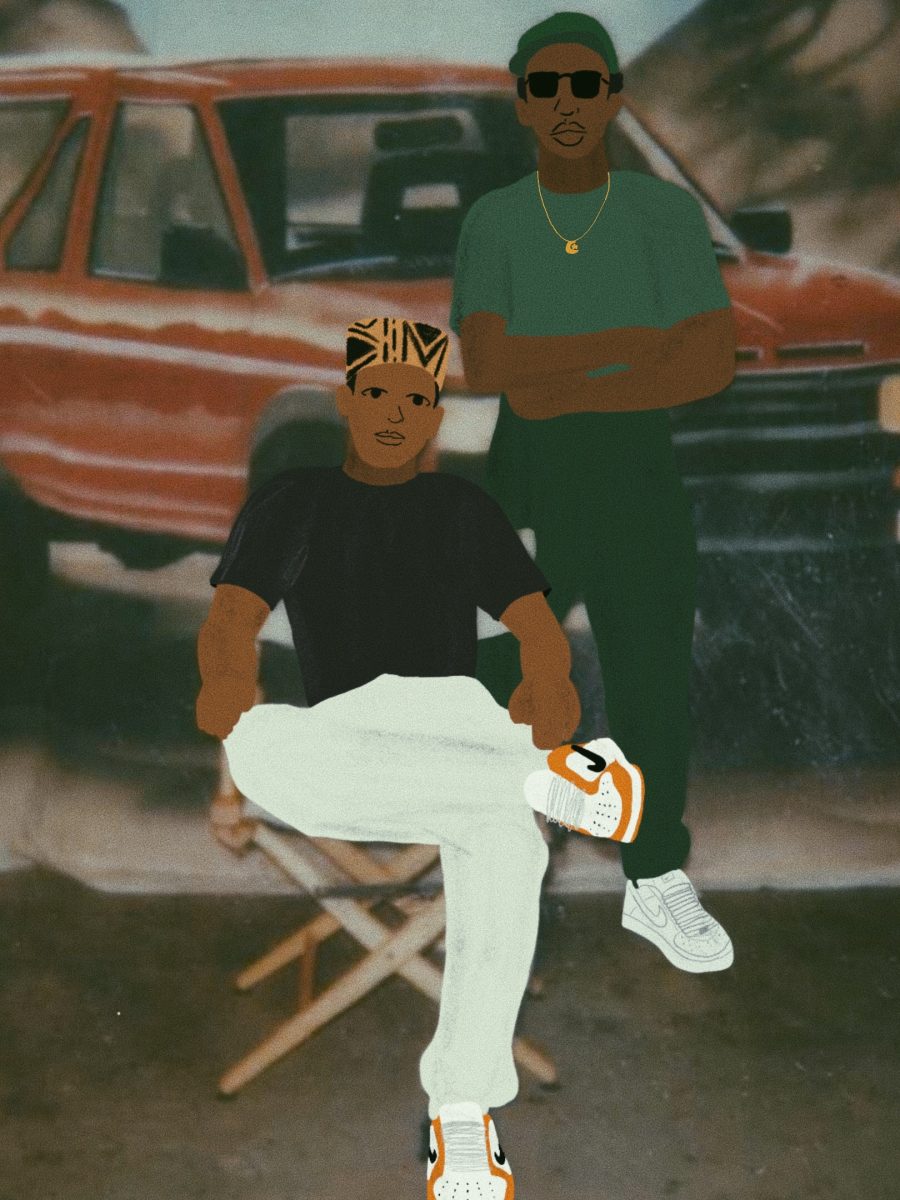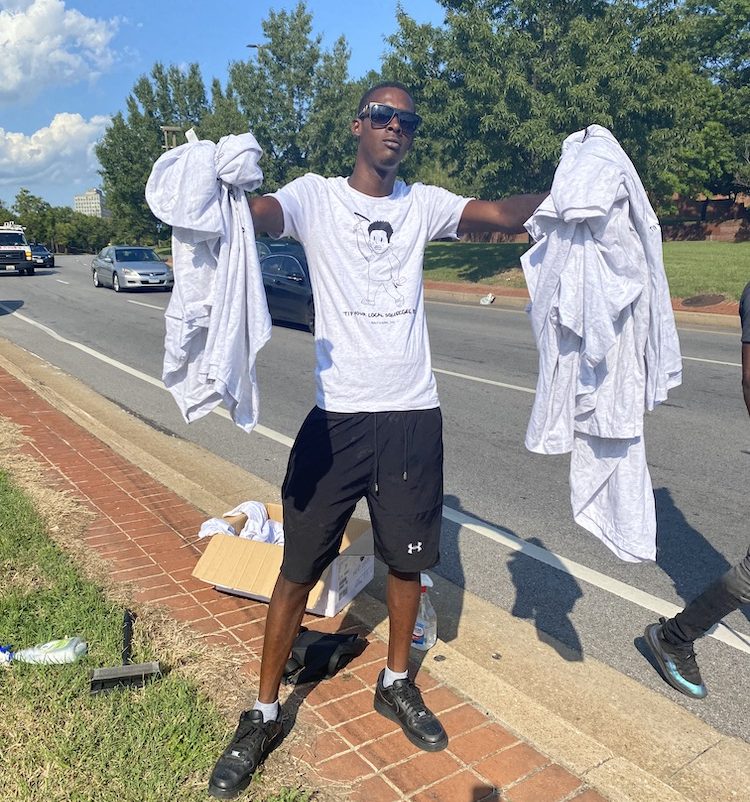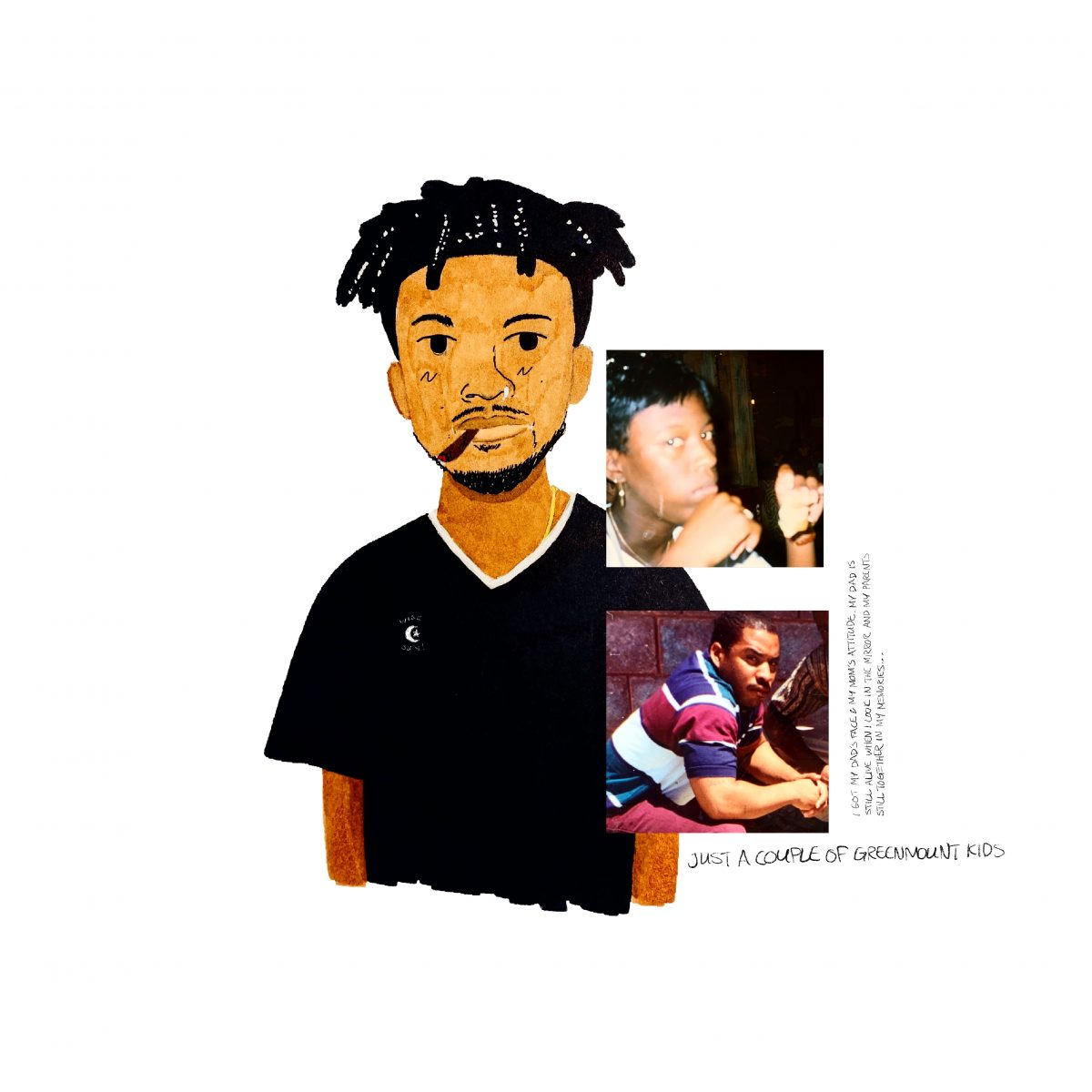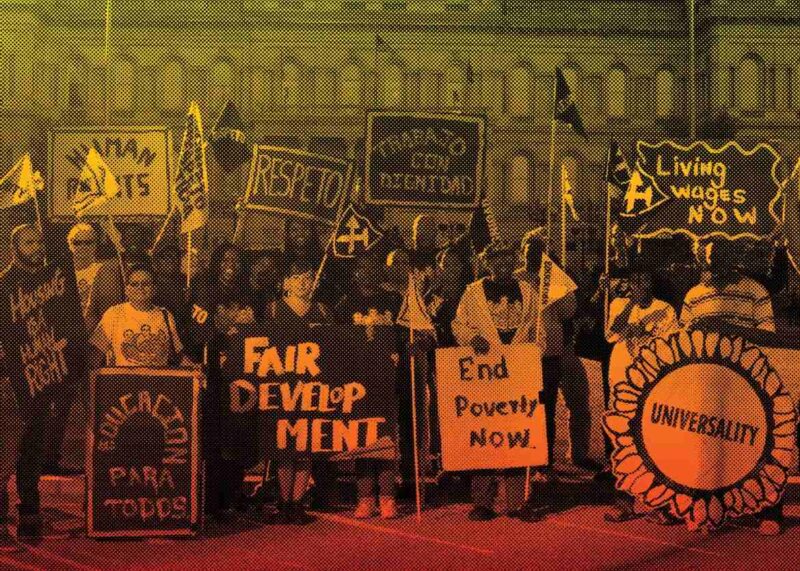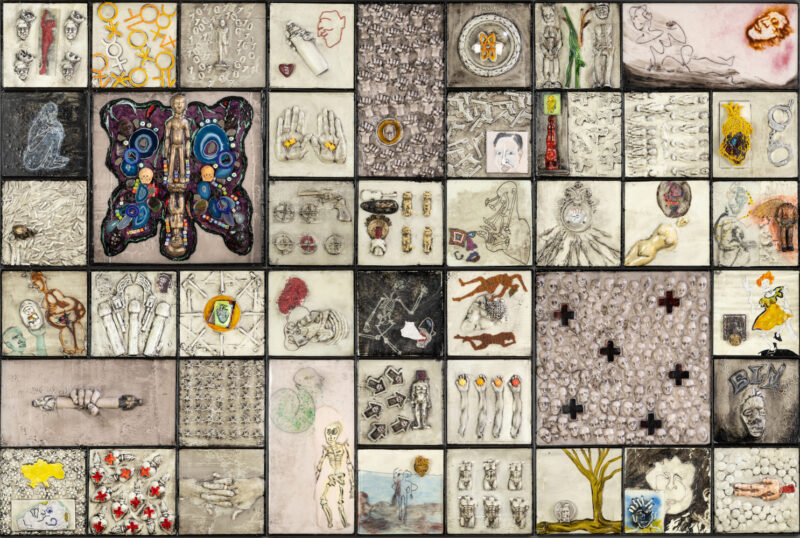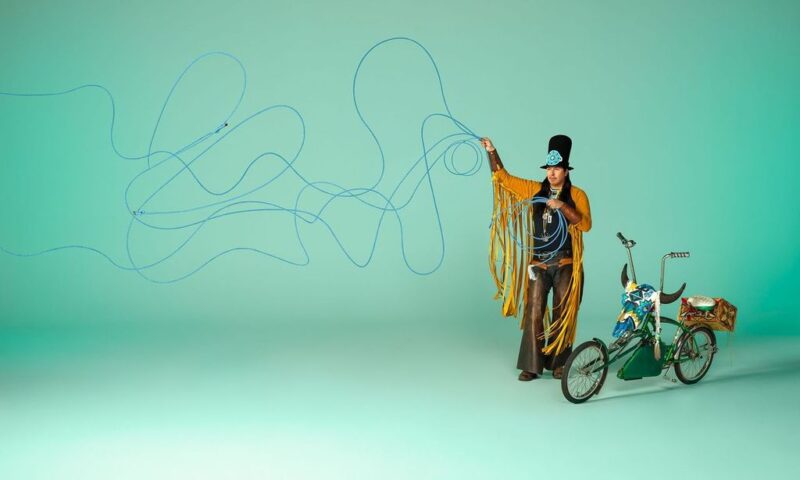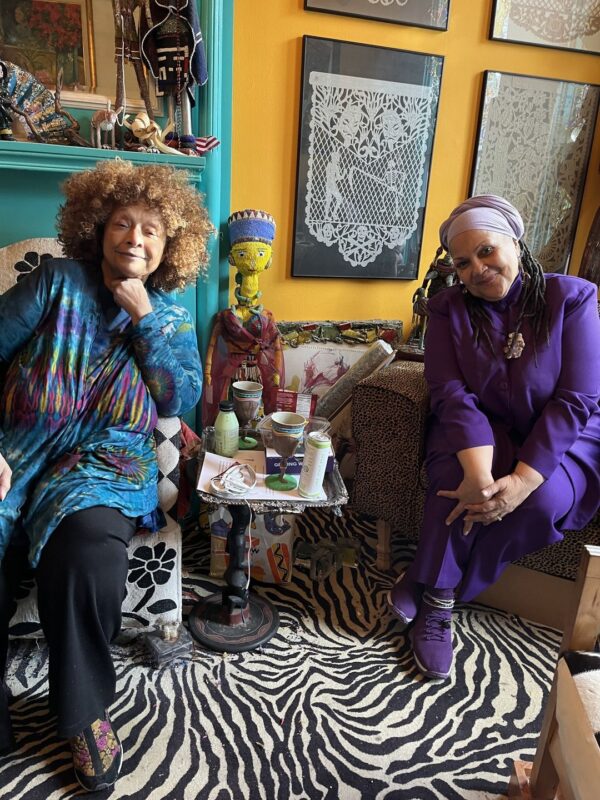Around the start of this summer, amid a pandemic and (another) national reckoning with racism, Dylan “Toyomansi” Ubaldo wanted to boost Baltimore’s so-called squeegee kids—those mostly young, mostly Black individuals who set up every day at intersections trying to make some money, dealing with the wildly vacillating energy from hostile/rude drivers to kind/generous ones, while also being surveilled by police, all while trying to work despite so many barriers this antiblack city has put up for them.
Ubaldo, a culinary/music artist and fixture of the DIY scene, thinks of the squeegee kids as entrepreneurs, hustling against all those barriers. He says that, in a small way, they remind him of his own teen years trying to make a buck, growing up in Frederick. “I wasn’t squeegeeing windows, but I would go to different shops when I was 13 or 14 and ask if I could sweep or wash the windows or something to make money because I literally wasn’t old enough to get a job,” he says.
The idea to support the squeegee-ers sprang up when Ubaldo stopped and talked with a few of them a few months ago and suggested they share their Venmo or Cash App handles with drivers who don’t carry cash. Given the context—the economically devastating pandemic and simultaneous uprisings against police brutality—Ubaldo suspected there were probably more folks who have the means wanting to give a little extra to these people they encounter almost daily. Although many squeegee-ers do use these apps (and they’ll usually let you know as they wipe down your windshield), the people Ubaldo spoke with at the beginning of the summer noted that those apps require access to a bank account, which not every squeegee-er has or is even old enough to have.
